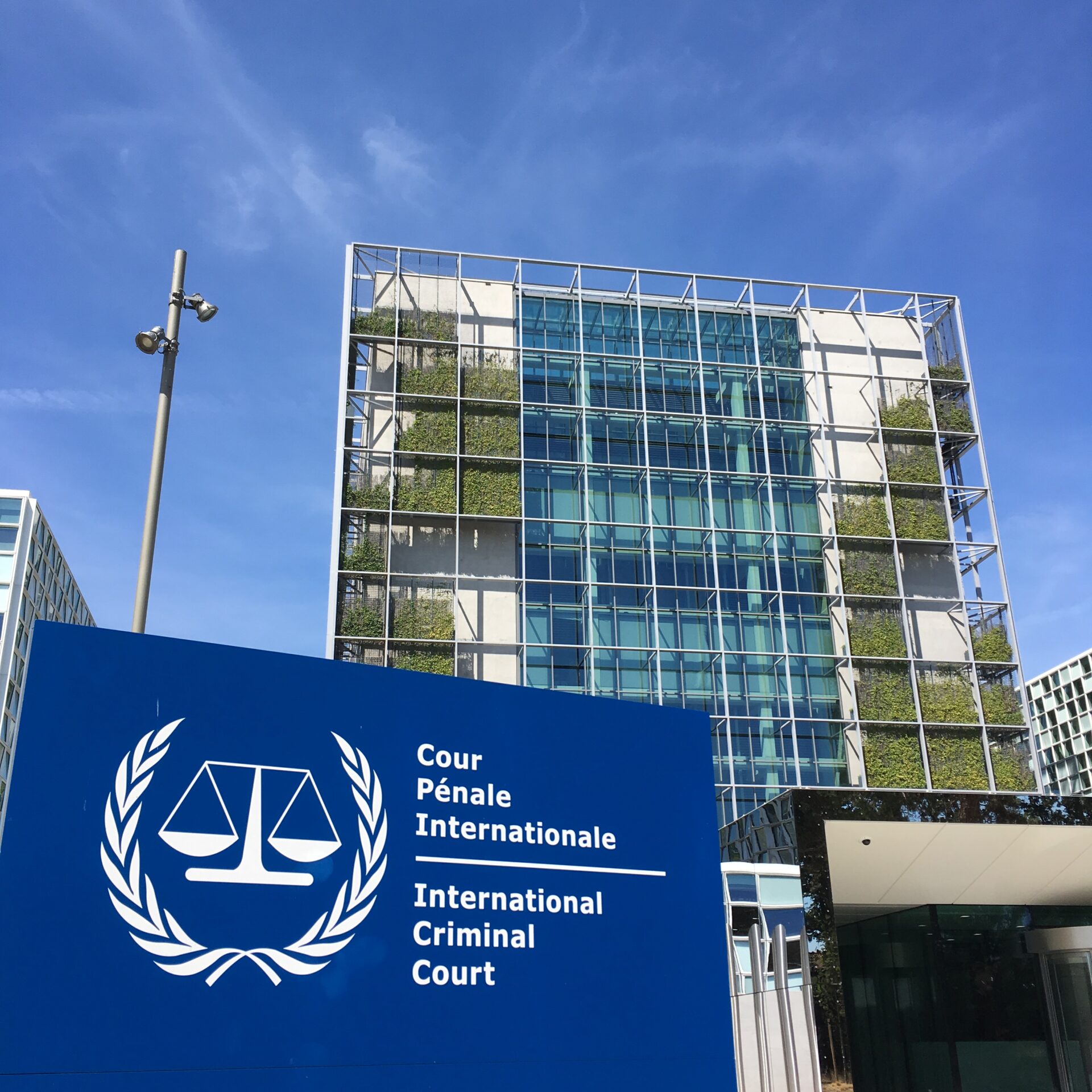What the ICC’s warrant means for Putin (and what it doesn’t mean)

Dr Mark Kersten writes on the ICC and its recently issued arrest warrant for Russian President Vladimir Putin.
In the days following Russia’s invasion of Ukraine, some Ukrainian patriots defaced a road sign that Russian forces passed on their way through the country. After their clever work was complete, the sign indicated that every road led to “The Hague”. Today, that holds just a little bit truer. The International Criminal Court (ICC) has issued arrest warrants for Russian President Vladimir Putin and his Commissioner for Children’s Rights, Maria Alekseyevna Lvova-Belova. Both are charged with the war crime of forcibly deporting and transferring Ukrainian children to Russia. So, what does the warrant for Putin mean?
First and foremost, the warrants communicate to Ukrainian victims and survivors, especially abducted children and their families, that an international court sees them and believes that the harms they have experienced may constitute war crimes. The warrants are the fruits of careful and diligent investigations and represent a meaningful act of solidarity with victims and survivors.
What the warrant does not mean is that Vladimir Putin will be magically surrendered to The Hague. International criminal law is unpredictable.
The most likely path for Putin to end up on trial at the ICC will be laid not outside of Russia, but in it. Whether or not powerful leaders are sent to the Court to face justice often depends on whether there are domestic political incentives to send them there. Until there are massive political changes within Russia, it is unlikely Putin faces judges at the ICC.
Just because Putin may not be surrendered to the ICC does not mean that this moment isn’t meaningful. Justice cannot be measured only by who ends up in the dock. The process of seeking accountability matters. Again, the warrants issued by the Court are an affirmation that the ICC stands with Ukrainian children and their families.
Some will be disappointed that the ICC did not go farther. It did not issue arrest warrants for the likes of Foreign Minister Sergey Lavrov or Defence Minister Sergei Shoigu. The ICC Prosecutor also declined to charge Putin and others with genocide. Under the Court’s Rome Statute, as well as the Genocide Convention, the forcible transfer of children can constitute genocidal violence. But it is important to stress that the ICC can add additional warrants should it wish to do so. In the 2000s, then-President of Sudan, Omar al-Bashir, was initially charged with war crimes and crimes against humanity in Darfur before an arrest warrant for genocide was later added.
The case against Mr. Bashir is also an important reminder of the limitations of the Court. Despite the warrants against him, Bashir was able to visit dozens of states, including member-states of the ICC like Kenya, South Africa, and Jordan. It is too soon to say that Putin won’t likewise be able to travel the world. In fact, he may want to attempt some international travel rather quickly, in order to show that the ICC warrant against him is meaningless – the official position of the Kremlin.
As Geoffrey York has observed, the Court will face a significant test this August when South Africa hosts a conference of the BRICS organization. South Africa almost withdrew as a member of the ICC over the furor of its hosting of Bashir in 2016. Calmer heads prevailed, but states like South Africa may very well host Putin and insist that he has head of state immunity, and therefore cannot be surrendered to the ICC.
There will inevitably be concerns over what effect the warrant against Putin will have on any possible peace deal. Right now, there are no peace negotiations on the table, and it is impossible to imagine asking Ukrainians to negotiate a peace that does not start with the wholesale departure of Russia from all of Ukraine’s territory. But should any meaningful peace become plausible, the United Nations Security Council could use provisions within the ICC’s Rome Statute to press pause on any investigation or prosecution. Again, though, we are nowhere near that, and it is important not to draw false tensions between peace and justice.
It remains to be seen how the United States assesses the warrant against Putin. Washington’s long-standing position is that citizens of states that have not joined the ICC cannot be prosecuted by the Court. But their sworn enemy – Putin – is one such citizen. Moreover, the Pentagon has blocked cooperation with the ICC on the situation in Ukraine. The warrant for Putin is possible despite the U.S. and not at all because of it. Indeed, the U.S. position strengthens Putin’s claims to impunity, something many people hope will be reversed.
The warrant for Putin will have implications outside of the Ukraine and Russia too. Perpetrators of atrocities in Palestine, Afghanistan, and the Philippines are on notice: the ICC can and will go after the leaders of powerful states. The warrant for Putin marks the first time that the Court has targeted a leader of one of the five permanent members of the UN Security Council.
Whether Putin ends up facing justice in The Hague remains to be seen, but the ICC has shown that it won’t back down, even when it comes to powerful presidents.
Dr Mark Kersten is a Senior Consultant of the Wayamo Foundation and an Assistant Professor of Criminology and Criminal Justice at the University of the Fraser Valley, in British Columbia, Canada.
Image credit: The International Criminal Court (ICC) 2018 in Den Haag is licensed under Creative Commons 4.0.
If you are interested in submitting a blog post for the ECR2P’s Fresh Perspectives series, then please contact Dr Richard Illingworth by Email (r.illingworth@leeds.ac.uk) or Twitter (@RJI95).
